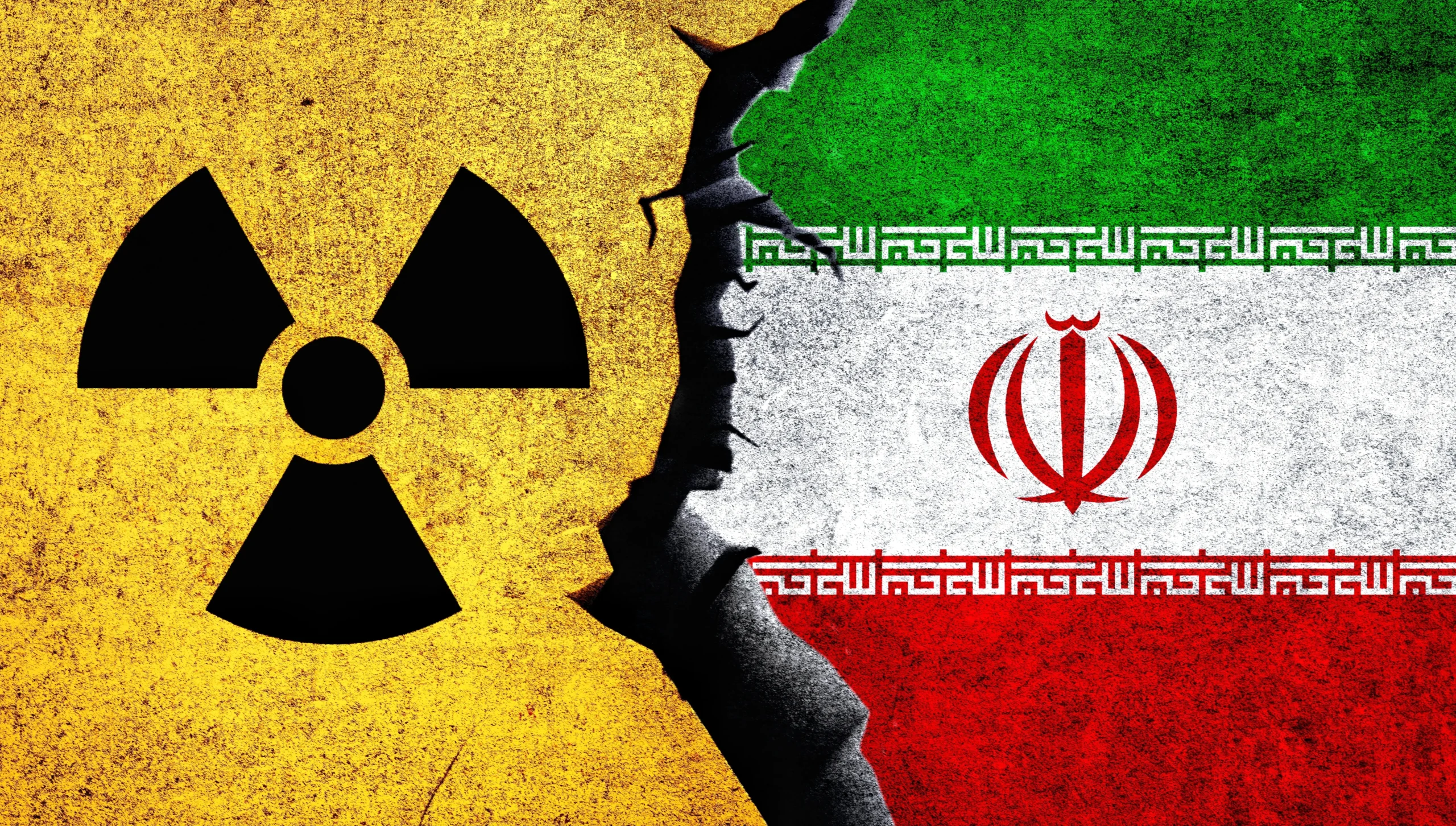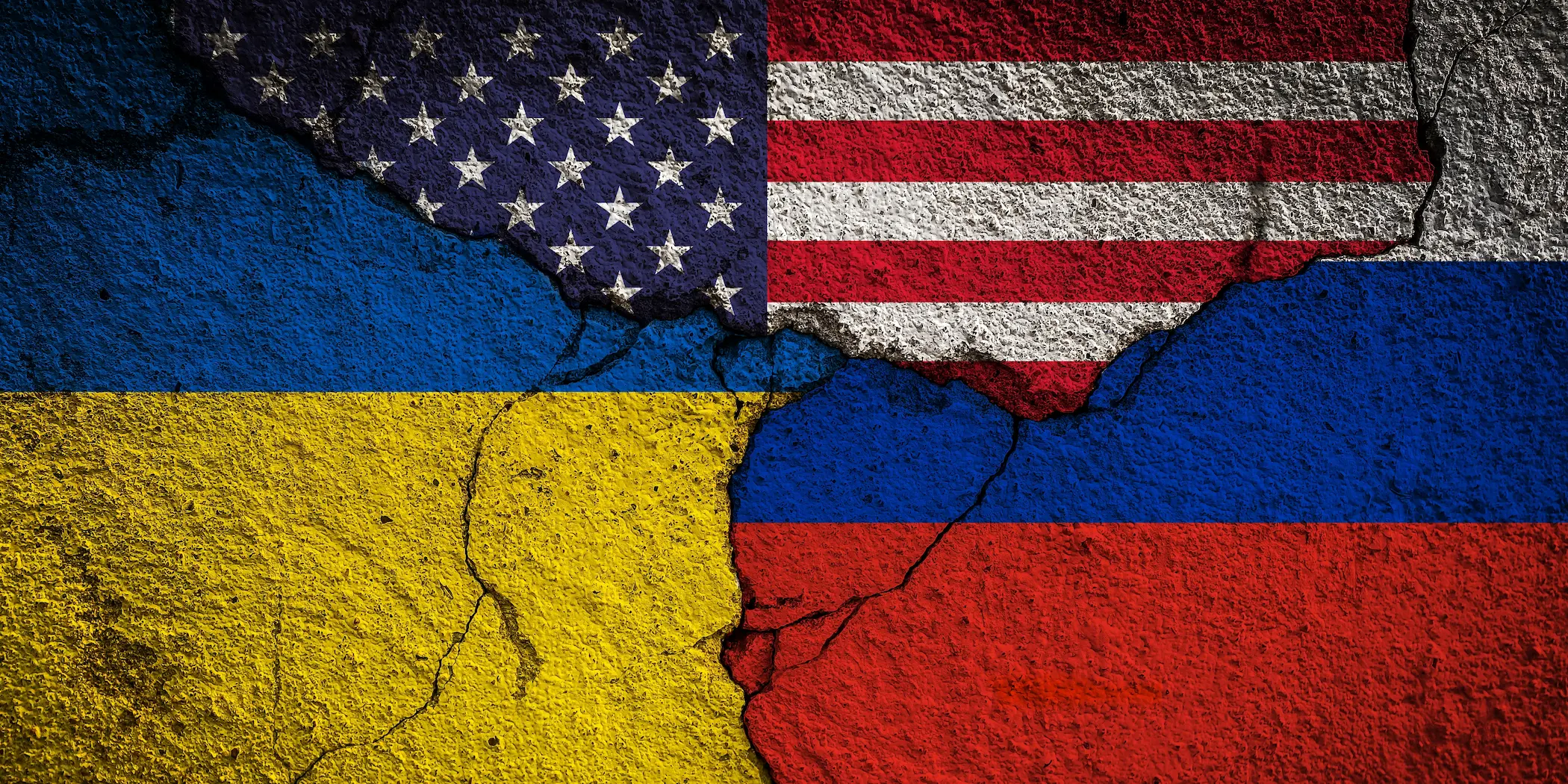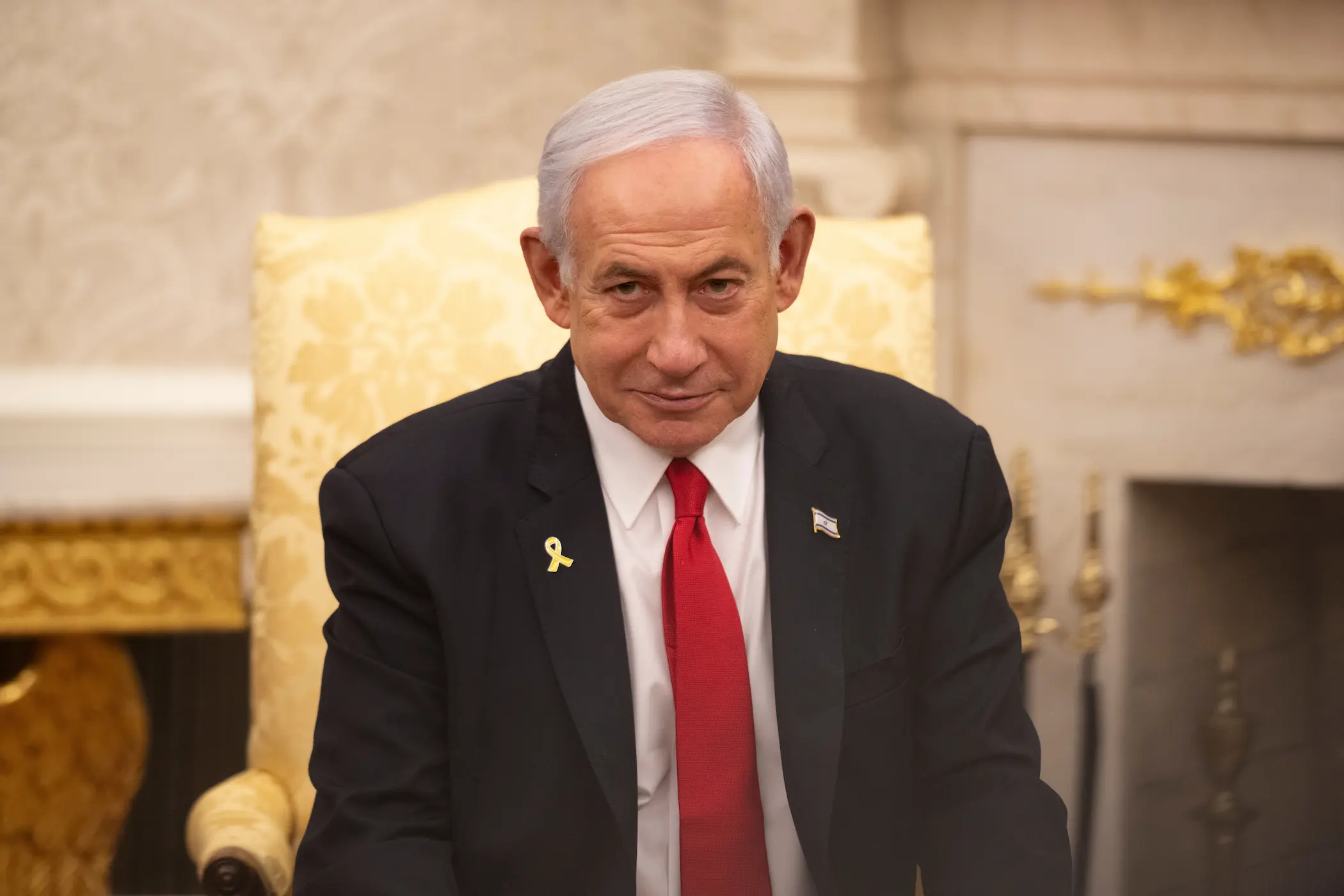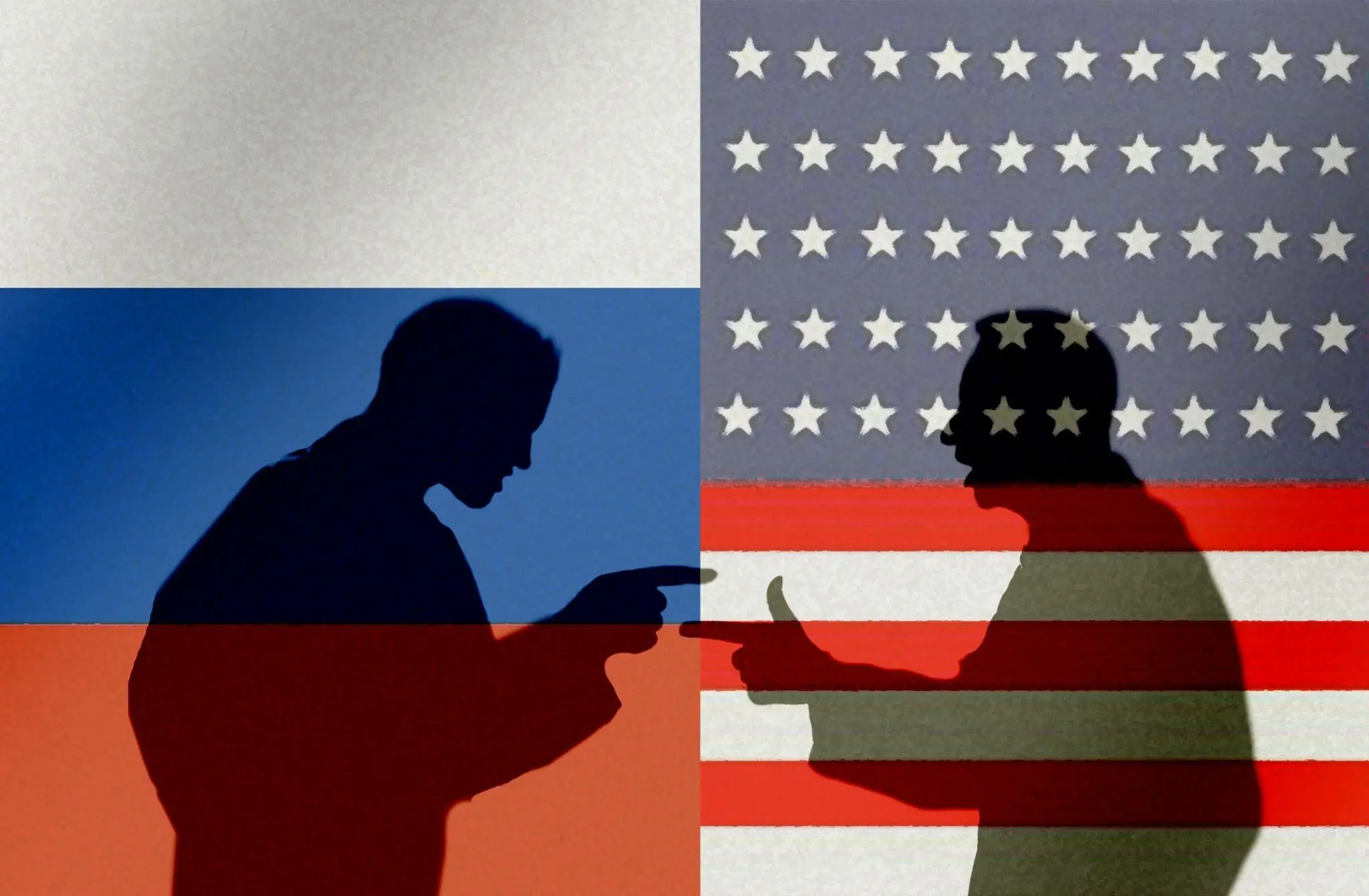Political assassinations have been a constant occurrence in world politics. Assassination as a political tool is, however, not exclusive to states nor state leaders; anyone who has fired a gun against a political figure claims the title of an assassin. Additionally, involvement in politics in any capacity can leave you vulnerable to such acts of retaliation. While gunmen and fanatics still impose a threat, states themselves are considered to be leading the pack. During the Cold War, the business of assassination was largely monopolized by superpowers. The United States and the Soviet Union directed operations targeting high-profile figures such as Cuba’s Fidel Castro, Chile’s Salvador Allende, and Yugoslavia’s Josip Broz Tito. Some "hits" gained more fame than others such as the assassination of dissident Bolshevik leader Leon Trotsky in Mexico City using an ice pick by Stalin’s secret police.
Russia and the United States, once the dominant global poles, continue to hold on to their old love for eliminating those they deem adversaries. The Kremlin has a long tradition, stretching back a century, of eliminating political dissidents both at home and abroad to send chilling messages to other opponents. In February 2024, a Russian pilot who had defected to Ukraine was assassinated in Spain. He was shot six times and then run over by a car, with Russian-made bullet casings left at the scene—a crude warning to others. Recently, U.S. intelligence uncovered a Russian plot to assassinate the chief executive of a powerful German arms manufacturer producing artillery shells and military vehicles for Ukraine. The United States has also continued its practice of carrying out high-profile assassinations with its most recent target being Qassem Soleimani, who was killed in Baghdad in a strike that showed little regard for international law.
States vary in their levels of expertise in assassination, with Israel often considered the maestro of this practice. Assassination has been a foundational principle of the Israeli state. Since its establishment in 1948, Israel has targeted Nazi leaders, Palestinians, Arabs, and scientists serving its enemies, such as German scientists working on the then Egyptian President Gamal Abdel Nasser’s advanced weapons program. Currently, the pool of targets has expanded, with Iranians becoming significant targets of Israeli operations. One of the latest operations against Iranians involved the assassination of Hassan Sayyad Khodaei. Known only to intelligence personnel as a key figure at the tactical level in the Quds Force, Khodaei's primary focus was on attempting (mostly unsuccessfully) to attack Jewish and Israeli targets abroad.
Nevertheless, the pool of nations engaged in assassination attempts appears to be expanding with new entrants. A notable incident occurred in Canada last June, where Sikh separatist Hardeep Singh Nijjar was shot 34 times. Additionally, in January of the same year, British Sikhs were warned by police about increased risks to their lives. This incident marks India’s grand entrance into the stage of those countries using assassination as a tool for advancing both international and domestic agendas. It highlights how political assassinations have resurfaced as a widespread tactic, no longer monopolized by a handful of states.
How to Get Away with Murder
Before getting into the fact of how states get away with murder, it is a better beginning to answer the question of why do they even resort to murder as a tool of achieving whatever policy they couldn’t implement using other tools. Importantly, let’s question the efficiency of assassination as a tool.
Assassination is often viewed as an effective strategic tool, particularly when targeting influential and irreplaceable leaders. These leaders, who are highly charismatic, possess unique skills, or lead organizations with weak hierarchical and institutional structures, are not easily replaceable. In such scenarios, assassination becomes an unusually effective tactic. A notable example is the 2008 assassination of Imad Mughniyeh, Hezbollah’s “defence minister,” attributed to the Mossad and CIA, which left Hezbollah struggling to find a worthy successor. It is also argued that assassinations tend to be more effective against autocracies than democracies. Autocratic regimes, especially those based on personalistic rule, often find it challenging to identify a viable replacement, as the death of the leader can signify the collapse of the state’s entire doctrine. Consequently, these states may see assassination as a cost-effective and valuable tool. However, an autocrat who survives a failed assassination attempt may impose crackdowns on opposition groups, leading their country to further degradation into autocratic rule or chaos.
Some states prefer assassination due to its low diplomatic cost. In many instances, states can deny involvement, and the international community may refrain from taking action against the perpetrating state, despite the act’s illegality, often due to utilitarian considerations. A prominent example is India’s alleged involvement in the assassination of Hardeep Singh Nijjar in Canada. Despite expectations for a firm response from Western countries, they largely kept their mouths shut. Explanations include their willingness to keep India away from China, to push for trade deals, and to seek access to Indian markets.
In other instances, assassinations are deemed counterproductive and not worth the effort. Critics argue that assassinations can lead to a spiral of retaliatory violence or inadvertently create martyrs out of the victims. Additionally, assassinations might result in a more violent and hostile successor taking power. Concerns have been raised that this could lead to increased instability if the new leader is more antagonistic than their predecessor. In cases of conflict, assassinations lead to an intensification of small-scale conflicts. A text-book definition of this case is the assassination of Archduke Franz Ferdinand which was followed by the eruption of World War One. However, it is important to note that assassination perse doesn’t lead to the eruption of a war which means that WW1 was likely inevitable, but the assassination intensified the already brewing tensions.
In high-intensity conflicts, there is evidence suggesting that successful assassinations of war leaders, often referred to as “centres of gravity,” can sometimes hasten the end of ongoing large-scale conflicts. The argument is that leaders may be reluctant to settle wars due to personal stakes or the fear of losing power. Removing the leader and replacing them with someone not directly responsible for the war might increase the chances of conflict resolution. For instance, consider a hypothetical scenario where there is a successful assassination attempt against Israeli Prime Minister Benjamin Netanyahu, whose personal political survival is seen as highly entangled to the continuation of the ongoing Israel-Hamas War. While outcomes cannot be guaranteed, his successor might be less inclined to continue the war, which many find as draining to Israeli economic and diplomatic interests. This change in leadership could potentially shift the dynamics, making peace negotiations more feasible and bringing an end to the war.
It’s also important to recognize that the success or failure of assassination attempts can be measured beyond tangible results. Sometimes, the act itself serves as a political message. A state might target a less influential leader in another state or organization to demonstrate its ability to infiltrate enemy lines.
For example, the assassination of Colonel Hassan Sayyad Khodaei by Israeli forces in Tehran was criticized by some Israelis as targeting a relatively unknown and uninfluential individual. However, such acts can be viewed as sending a message rather than achieving an immediate strategic goal. Similarly, if the plane crash that killed the late Iranian president Ebrahim Raisi were to be considered an assassination, it could be interpreted as a demonstration of capability and intent rather than a direct attack on a key figure. If it is to be perceived as a deliberate assassination, it was them aimed at signalling strength, reach, and serving as a means to an end rather than the end itself.
Returning to the question of how states manage to commit political assassinations without facing severe repercussions, much of it hinges on their ability to justify their actions by demonizing their enemies. For instance, the U.S. has popularized the term “targeted killings” instead of “assassinations,” which helps avoid eliciting empathy for the victims. This terminology became prevalent after the 9/11 attacks and during the alleged “War on Terror,” giving the term positive connotations. One of the most well-known cases is the assassination of Osama bin Laden in 2011. Another example is the assassination of senior Iranian general Qassem Suleimani. Historically, political assassination has been seen as a taboo in war and is explicitly prohibited by the 1907 Hague Convention. However, by using the term “targeted killing,” the U.S. implies that its counterterrorism strikes fall outside the scope of existing norms and international law. This rhetorical shift allows states to frame their actions in a way that minimizes backlash and portrays them as necessary measures. Additionally, it also depends on strategic relations and the relative importance of the assassin state to others. The Indian example mentioned above again serves in this conversation as it is confidently argued that it is mainly due to New Delhi’s political and economic connections with the West that it could get away with murder.
What Does That Mean?
Are we facing a more violent political landscape? Specifically, is the world going to witness more political assassination attempts reminiscent of the Cold War era?
References
Akman, Beril. “Turkey’s Inflation Tops 80% and Nears Peak with More Angst Ahead.” Bloomberg.com, September 4, 2022. https://www.bloomberg.com/news/articles/2022-09-04/turkish-inflation-is-set-to-peak-above-80-with-more-angst-ahead
Carpenter, Charli. “Assassination, Extrajudicial Execution, or Targeted Killing—Whatever Term Trump Uses for the Strike against Suleimani, the Practice Is Still Mostly Illegal.” Foreign Policy, 2024. https://foreignpolicy.com/2020/01/10/targeted-killing-assassination-extrajudicial-execution-targeted-killing-illegal-trump-iran-suleimani/
Frey, Bruno S. “Why Kill Politicians? A Rational Choice Analysis of Political …” Institute for Empirical Research in Economics University of Zurich, 2007. https://www.zora.uzh.ch/id/eprint/52279/1/iewwp324.pdf
Hafez, Mohammed. “Do Targeted Assassinations Work? A Multivariate Analysis of Israeli Counter-Terrorism Effectiveness during Al-Aqsa Uprising.” UMICH, 2010. Wk 11-1 Hamas Hafez.pdf (umich.edu)
Harel, Amos. “Assassination of Iranian Colonel: A New Israeli Strategy.” Haaretz.com, May 27, 2022. https://www.haaretz.com/israel-news/2022-05-27/ty-article/assassination-of-iranian-colonel-a-new-israeli-strategy/00000181-0174-d1e9-adc5-2df7ebde0001
Kanter, Abraham. “Democratic Assassination: The Morality and Efficiency of Targeted Killings as a Policy Tool.” The Ohio State University, 2007. https://kb.osu.edu/server/api/core/bitstreams/8571bb26-7228-590b-acfe-7beac43d1c9d/content
Melman, Yossi. “Israel’s Targeted Assassinations Are a Poor Substitute for a Strategy: Opinion.” Haaretz.com, May 16, 2023. https://www.haaretz.com/opinion/2023-05-17/ty-article-opinion/.premium/israels-targeted-assassinations-are-a-poor-substitute-for-a-strategy/00000188-25af-d18b-a79d-25ffb14c0000
Tisdall, Simon. “Once a Relic of the Cold War, Political Assassins Are Back with a Licence to Kill | Simon Tisdall.” The Guardian, April 6, 2024. https://www.theguardian.com/commentisfree/2024/apr/06/political-assassins-back-with-licence-to-kill
Walton, Calder. “Russia Has a Long History of Eliminating ‘Enemies of the State’ – the Washington Post.” The Washington Post, 2018. https://www.washingtonpost.com/news/monkey-cage/wp/2018/03/13/russia-has-a-long-history-of-eliminating-enemies-of-the-state/












Comments